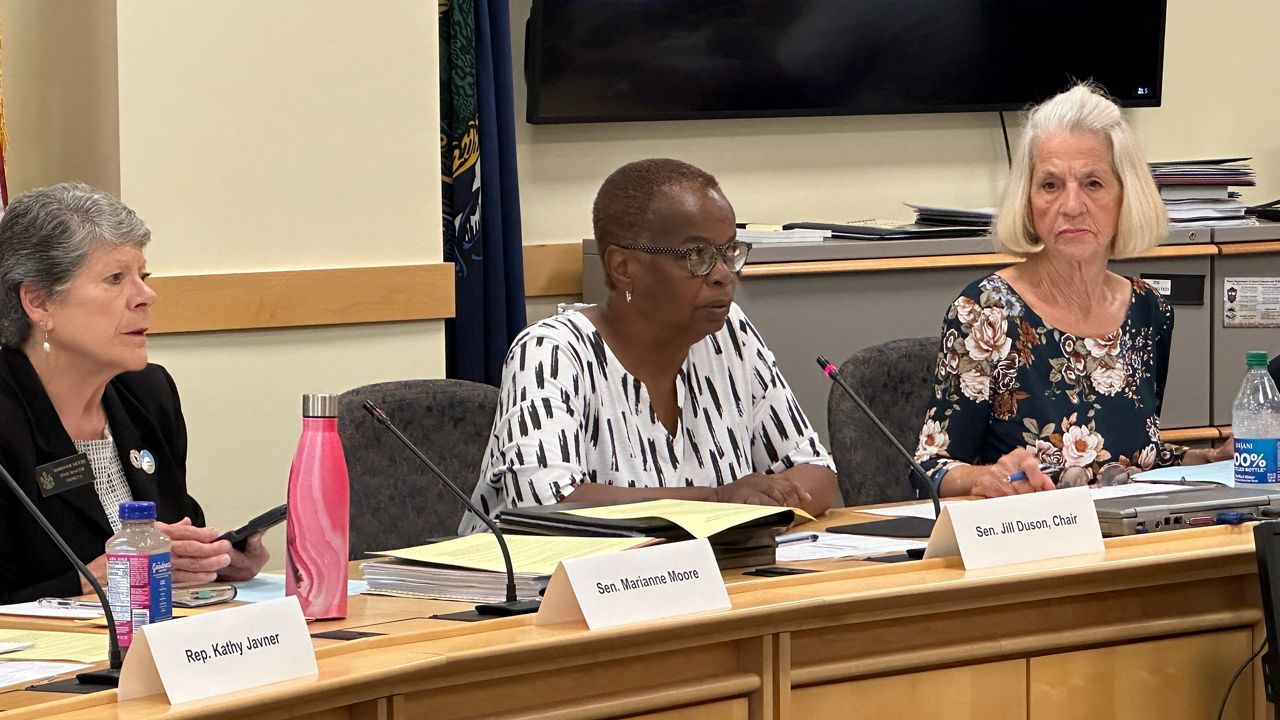The head of the Southern Maine Agency on Aging told a state commission Wednesday that they want to play a key role in combating social isolation among the elderly.
Megan Walton, chief executive officer, said social isolation is linked to an increased risk of stroke, dementia, depression and death.
“We want to be the social care partner of choice,” she told a panel studying the organization and service delivery of the Maine Department of Health and Human Services. “Where things often fall down is who is going to pay for these social determinants of health."
Maine’s five Area Agencies on Aging want to fill the gap in services to ease the burden on the health care system, she said.
By working with 300 other local providers and with 1,400 volunteers statewide, they are the boots on the ground helping older Mainers.
Last year, the Legislature created the commission to examine ways other states provide DHHS services and how nongovernmental agencies are structured in Maine. The wide-ranging mandate includes looking for strengths and weaknesses, system failures and ways to streamline services.
On Wednesday, Walton appealed to the lawmakers on the commission to position the agencies as the go-to source for these types of services as Maine prepares for the coming wave of older Mainers.
She cited census bureau statistics that show 40% of Mainers reported feeling lonely and with the highest median age in the country, more people are going to need help as they age, she said.
Nationally, the number of Americans with Alzheimer’s disease is expected to more than double over the next 30 years, she said.
One way to provide better help is through technology. For example, she said a son or daughter in another state can check in on an elderly parent by looking at cameras set up in the home.
She said communities also need more adult day programs to get those with dementia out of the house. The state should also consider paying family caregivers or reimbursing them for costs associated with respite programs.
Walton said the agencies on aging could serve as a social care coordination hub for physical and mental health care, as well as emotional and social supports.
“One of the largest issues is social isolation,” she said.




